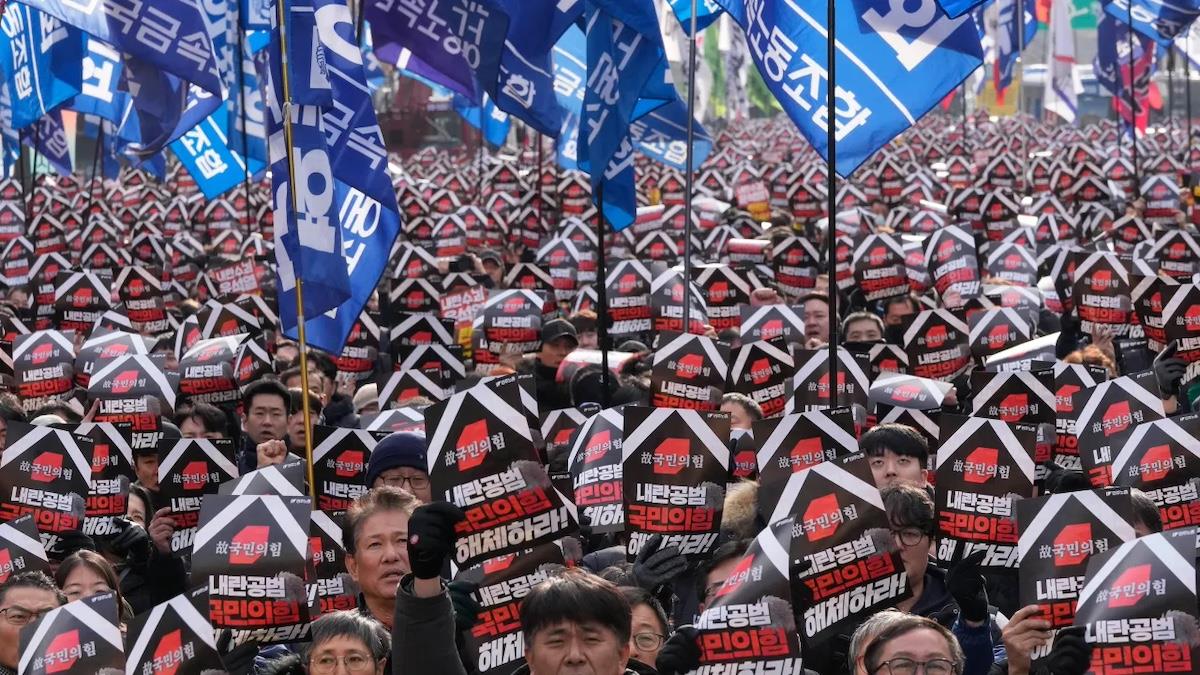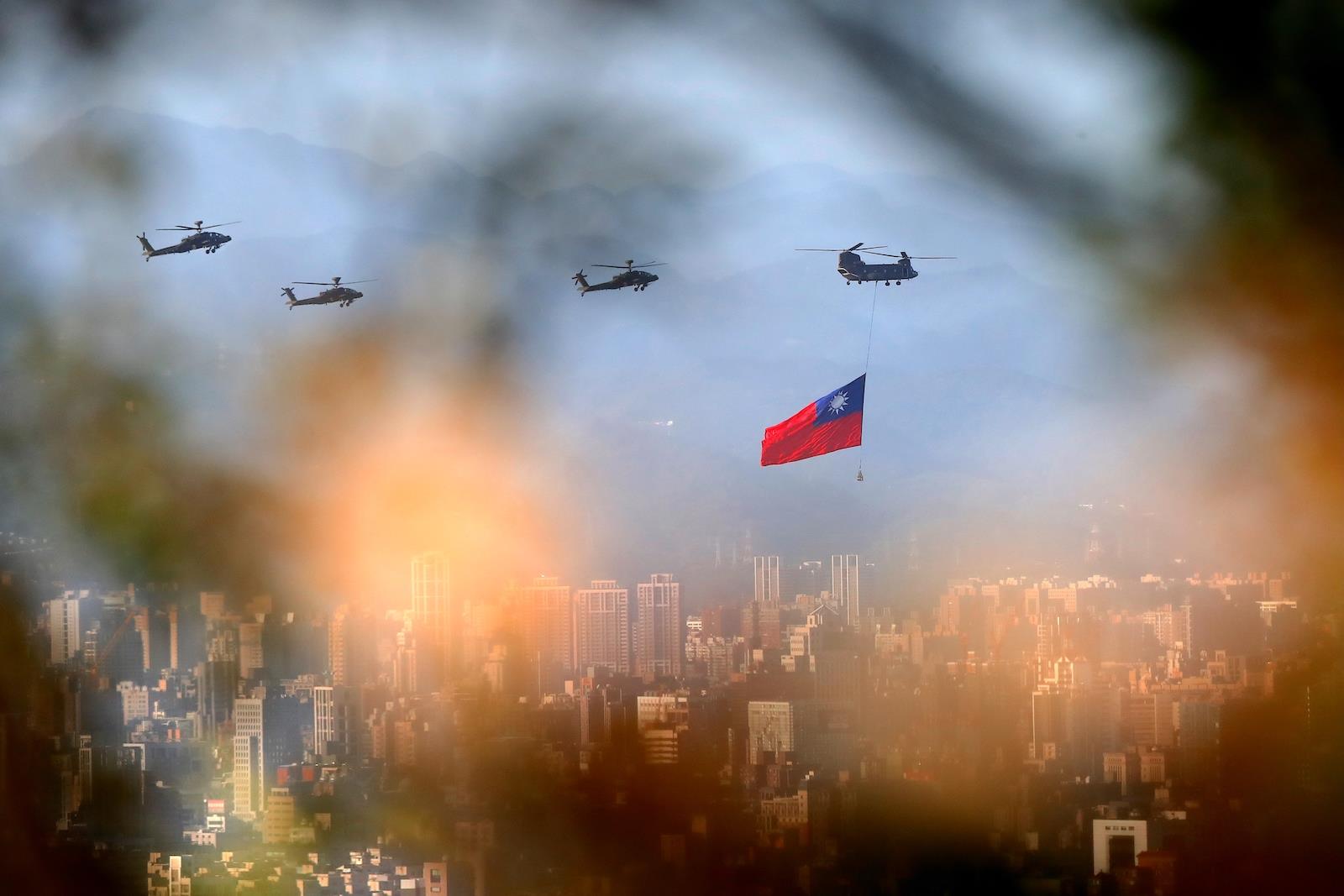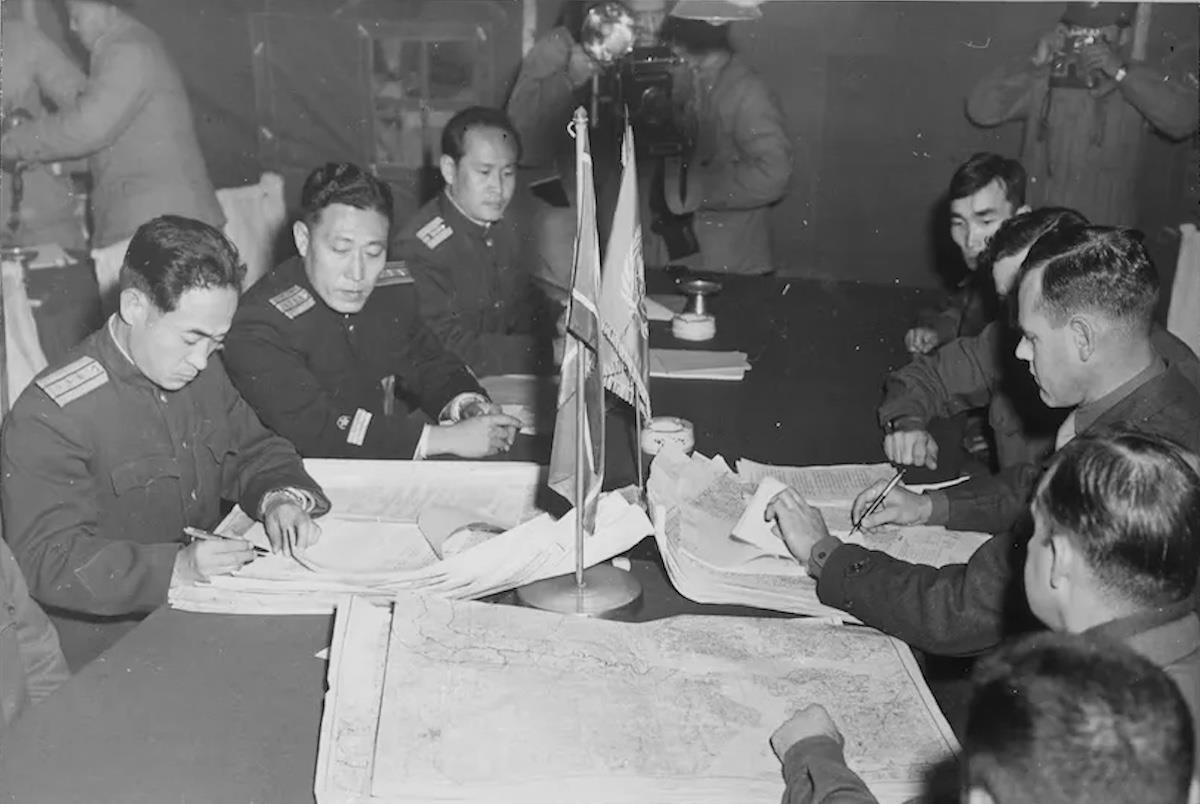
The Real Insurrectionists In South Korea
While reserving judgment on whether the president's actions were unconstitutional, without having exhausted other political options, we argued at the time that Yoon's martial law was a political misstep.
Even if Yoon survived the subsequent impeachment proceedings, we wrote , he had consigned his presidency to permanent lame-duck status-a long fade-out into oblivion. And so, it seemed to us then, the post-martial-law Yoon administration would limp along in ignominy.
But one thing stays constant then and now. A martial law declaration is a political question, one made at the discretion of the chief executive. Recall that when Yoon declared martial law on December 3, he was doing so as the sitting president. Martial law is something he had every right to declare. So, there was never any broad constitutional question at stake in that regard.
Whether declaring martial law without an apparent justifiable cause amounts to an egregious unconstitutional act–that is, an impeachable offense–is a matter for the Constitutional Court to resolve. Similarly, whether Yoon's martial law decree constitutes an act of insurrection, as opposition parties so claim, is a question for the same court and criminal courts to address.
To that end, the question surrounding Yoon's December 3 declaration is entirely soluble under the local constitution and law. It should have begun and ended as a straightforward question of what is allowed under the Constitution.
But Yoon's opponents–namely the opposition Democratic Party and the investigative agency probing Yoon–have changed the stakes. If anything, their decision to recklessly escalate tensions in response to Yoon's martial law gambit has inadvertently bolstered the argument for its necessity.
Let's begin with the Corruption Investigation Office for High-ranking Officials' (CIO) fixation on arresting a sitting president on allegations of inciting an insurrection. After one failed attempt, the CIO on January 15 apprehended Yoon from his residence under a controversial warrant issued by the Seoul Western District Court.
Four days later, judge Cha Eun-kyung from the same court granted a formal arrest of the president, extending the detention for another 20 days, including the initial 48 hours allowed under local law.
Besides the unprecedented nature of such warrants in South Korean history, they are almost certainly illegal. The CIO, first and foremost, does not have jurisdiction to investigate the president on insurrection charges.

Legal Disclaimer:
MENAFN provides the information “as is” without warranty of any kind. We do not accept any responsibility or liability for the accuracy, content, images, videos, licenses, completeness, legality, or reliability of the information contained in this article. If you have any complaints or copyright issues related to this article, kindly contact the provider above.























Comments
No comment